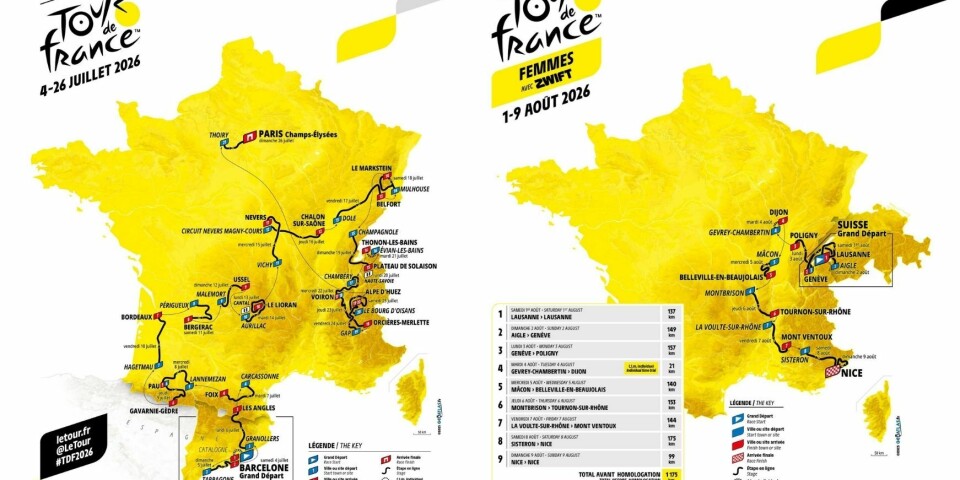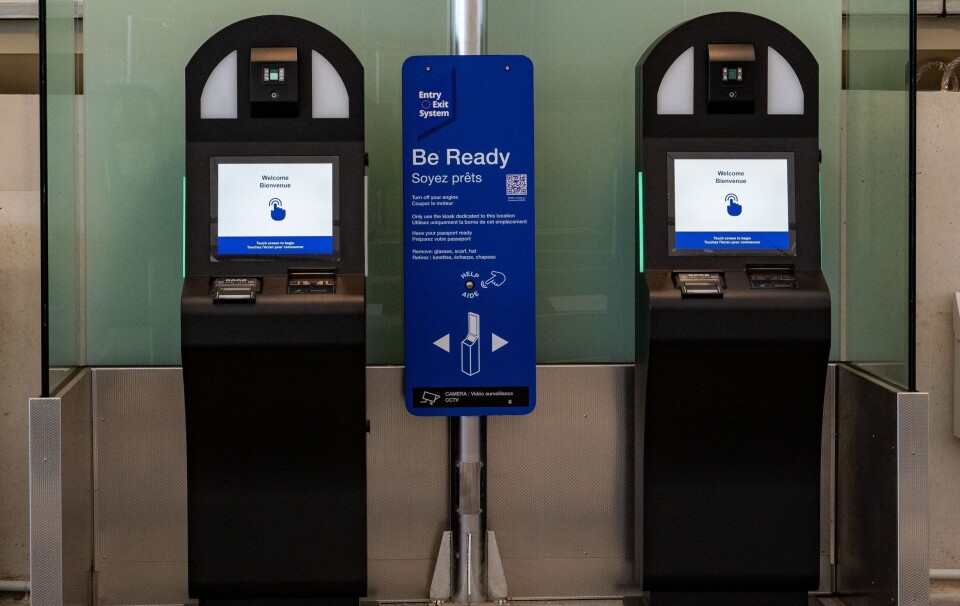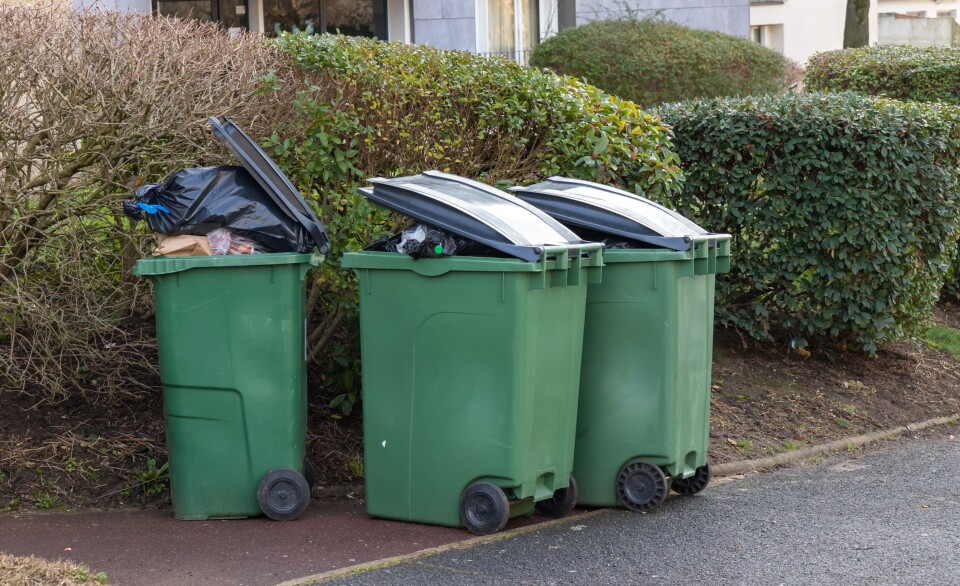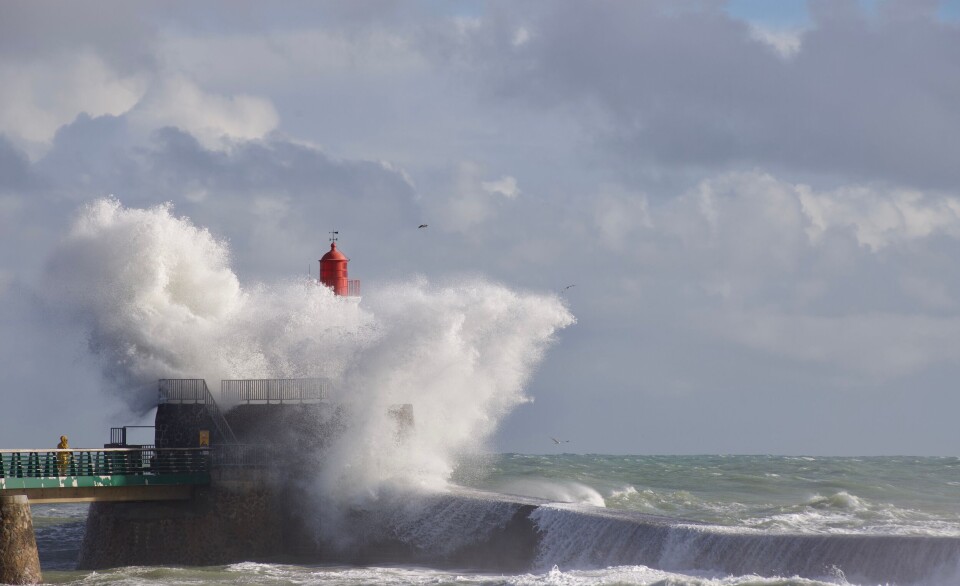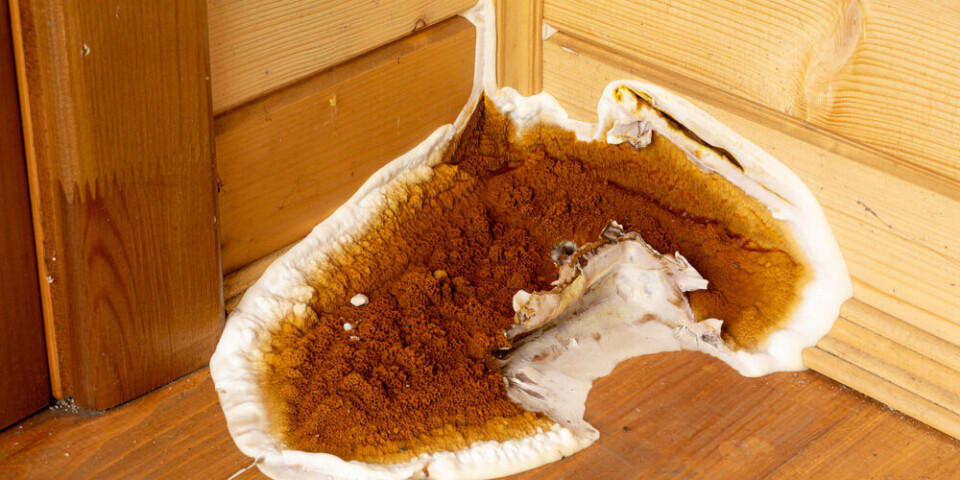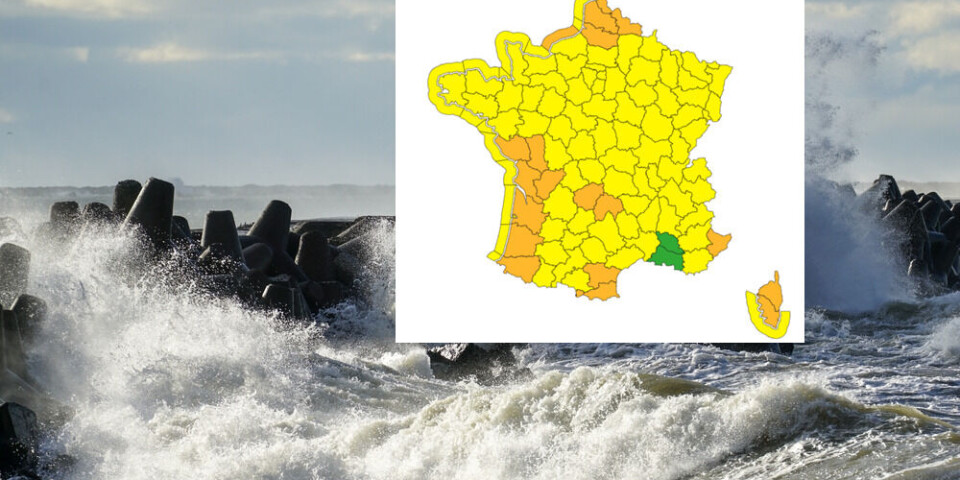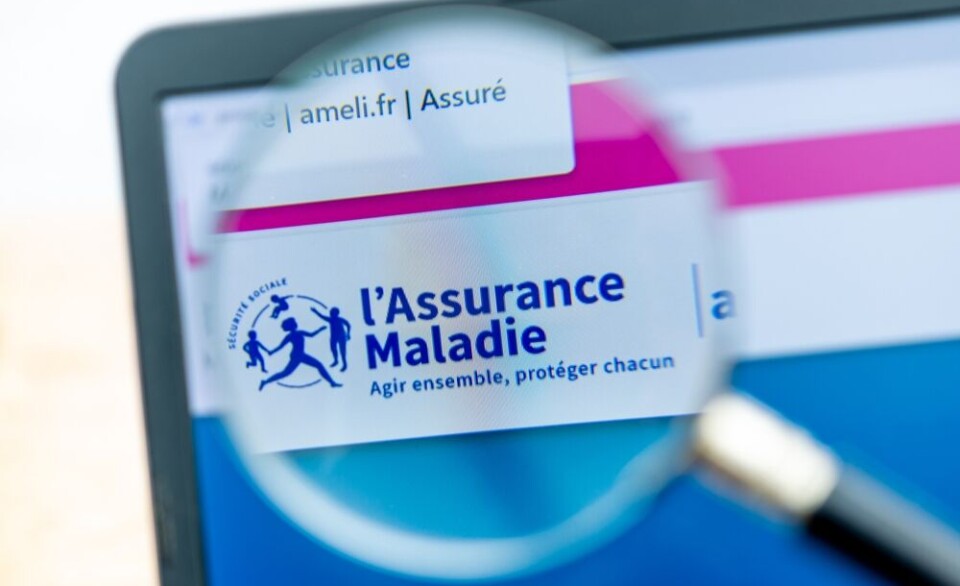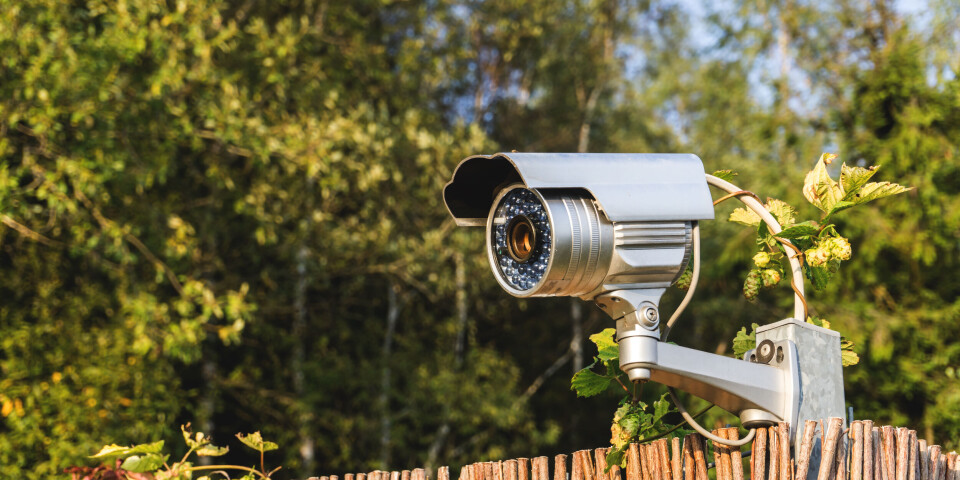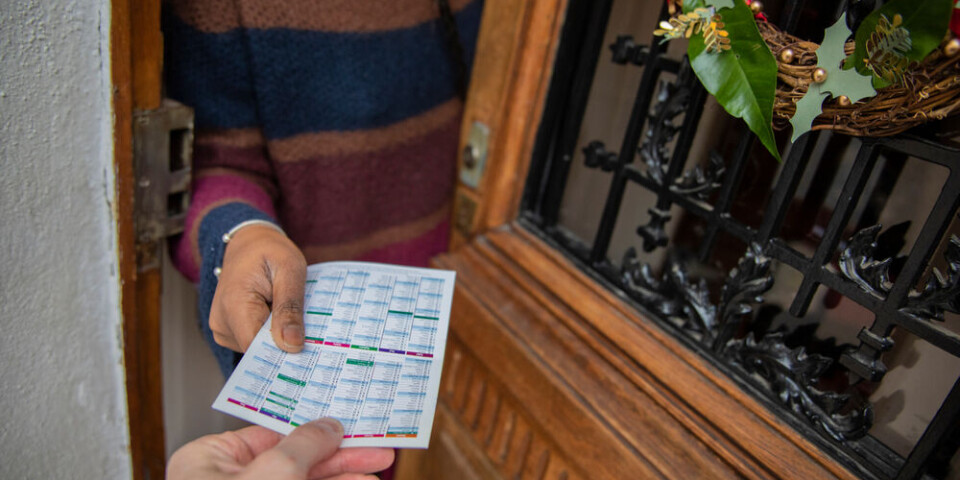La Fête des Mères: 10 French expressions about mothers
'Mamie-gâteau', ‘mère courage’... we share some of our favourite mum-themed words and phrases
'Telle mère, telle fille' means 'like mother, like daughter'
Silviarita | Pixabay
This Sunday (May 25) is Mother’s Day (la Fête des Mères) in France.
It is not a bank holiday, however it is an important, well-established day celebrated throughout the country.
Read also: The real history of Mother’s Day in France
Children and adults will often give their mothers a present such as flowers or a meal in a restaurant, and you will likely hear them say: Bonne Fête Maman or Joyeuse Fête des Mères (Happy Mother's Day).
We take a look at 10 terms and phrases that you could try saying to celebrate mothers this weekend.
Mum-themed expressions
1. Maman poule
A mother who is very protective of her children and fusses over them, very similar to the English expression 'mother hen'. You can also say papa poule ('father hen') for a protective father.
2. Mère courage
An expression said about a mother who faces difficulties but is always very brave. It comes from the play by German author Bertolt Brecht, Mother Courage and Her Children.
3. Telle mère, telle fille
This means the daughter and the mother have similar personality traits ('like mother, like daughter'). You can also say tel père, tel fils (like father, like son).
4. Daronne
This is a colloquial word that emphasises the fact that the mother is the chief of the family. You can also say daron for 'father' or mes darons for 'my parents'.
The expression is mainly used by young people, although the word has been around since the 13th Century when it denoted a small castle. The meaning then evolved through the centuries to mean the chief of the house and the boss.
5. Faire papa maman or comme papa dans maman
This means making something work easily. It is a metaphor for something that works as well as sexual relations between a mother and a father. How French!
6. Fils à maman and fils à papa
Although these two expressions are quite similar they do not have the same meaning. If a son is a fils à maman, it means he is very close to his mother, much like a 'mummy's boy' in English.
If someone is described as a fils à papa, he comes from a wealthy family and does not have to struggle financially due to his father's social status.
7. Pousser mémé dans les orties
Literally translated as to 'push granny in the nettles', this means to exaggerate, the idea being that shoving an old lady into a bunch of nettles is probably a step too far.
8. On n’est pas chez mémé
This means you should behave and mind your manners. The origin of the expression is not officially established but we can speculate that you act very casually when you're at your grandmother’s house, but you should not behave in the same way elsewhere.
9. Patience, mère de toutes les vertus
The French equivalent of 'patience is a virtue' seems to suggest that patience is the origin or mother of all virtuous behaviour.
10. Mamie-gâteau
This is used to describe a doting parent who can't say no to their children. You'll also hear the expression papa-gâteau which can have the same meaning but is used more nowadays to mean a 'sugar daddy' or wealthy man who pays a - typically younger - woman or man for companionship.
Read more
Learning French: the origins and meaning of madeleine de Proust
‘Papoter’ - a charming French word describes having a natter or chat
Simone Veil: a force for good, for women, for France, for all










